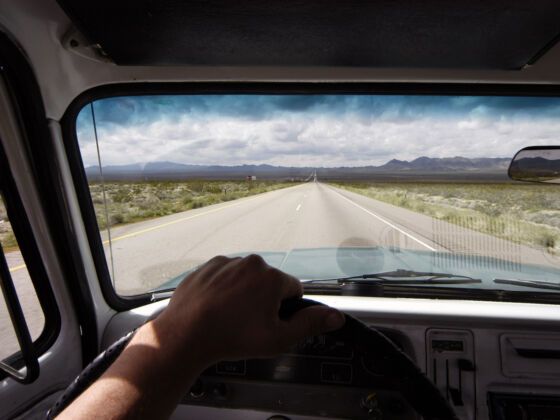[Editor’s Note: This is the first part of a two part interview with Lara Lockwood and Tom Fewins, who are traveling around the world without ever stepping foot onto an airplane. Part two will appear on BNT tomorrow.]
BNT: When did the idea for this trip start to form? How long did it take you to put the whole trip together? Any particular reasons for choosing the route you did?
